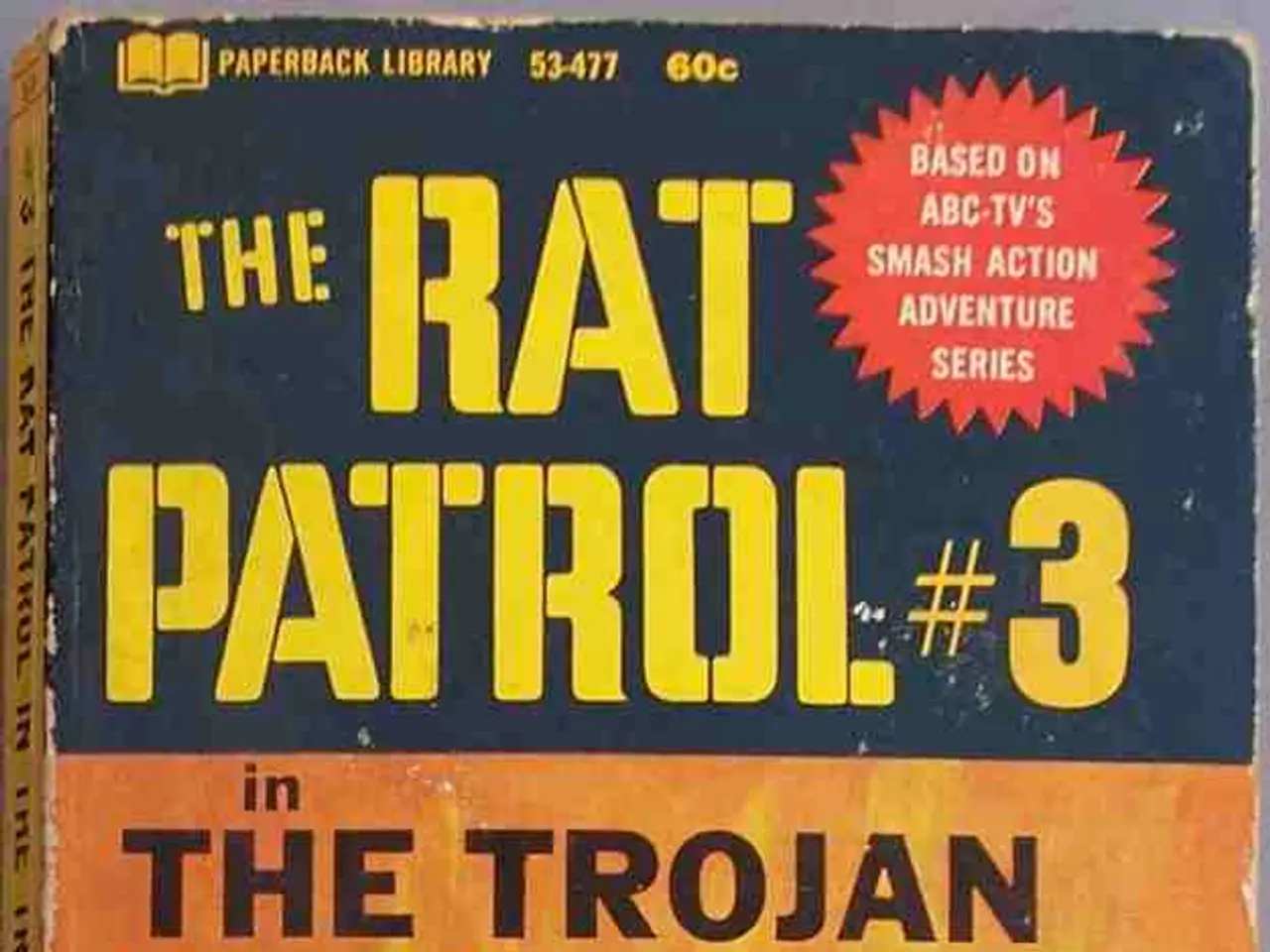Relentless paramilitary siege escalates in Sudan's embattled urban center to a peak level.
The city of El-Fasher, the only major city in western Darfur still under army control, has been subjected to the fiercest assault to date by the Rapid Support Forces (RSF). Since May 2024, the paramilitary group has been conducting military attacks on the city, with heavy artillery shelling ongoing since at least August 12, 2024. This forms part of the broader Sudanese civil war.
Witnesses, volunteer groups, aid workers, and the United Nations have reported intensifying RSF bombardment of El-Fasher and a nearby displacement camp, Abu Shouk. The relentless artillery fire, drone strikes, and ground incursions have resulted in at least 89 deaths in the last 10 days, according to reports. The violence at Abu Shouk raises fears of another mass exodus towards El-Fasher and further west.
The only escape route from El-Fasher, a 70-kilometer rugged road westward, has become a graveyard, strewn with dozens of unburied bodies. Many people dying on this route are due to hunger, thirst, or violence. Famine has been declared in Abu Shouk, Zamzam, and a third camp near El-Fasher, with the United Nations warning it could spread to the city.
In El-Fasher, disease is rampant, clean water is gone, and medicine is unavailable, especially for the many wounded by shrapnel or gunfire. According to UN estimates, nearly 40 percent of children under five in El-Fasher are either acutely or severely malnourished. The RSF has taken control of Abu Shouk camp and the local police headquarters in El-Fasher.
Constant bombardment and restricted communications make it nearly impossible to share images of life inside the city, and residents say filming certain areas exposes them to attacks. The United Nations has stated that El-Fasher, the North Darfur state capital where about 300,000 people live, has become an "epicentre of child suffering."
Ibrahim Essa, a resident of El-Fasher, had to return from his attempt to flee the city amid clashes in May and now hides in a makeshift bomb shelter. Halima Hashim, a schoolteacher and mother of four, cannot afford to escape and fears the danger of staying behind in El-Fasher.
Civil servant Saleh Essa walked for three days with his family to reach Tawila, expressing concerns about water and food scarcity there. Arrivals in Tawila are traumatised, exhausted, and often bearing gunshot wounds from attacks along the route. In one crowded kitchen in El-Fasher, the traditional Sudanese dish assida is nearly unrecognizable -- its usual grain base replaced with ombaz, a foul animal feed made from peanut shells that can be deadly for humans.
The conflict and attacks have left a dire humanitarian situation in their wake. The city of El-Fasher, effectively sealed off -- no aid, no trade, and hardly any way out -- is a stark reminder of the devastating impact of war on civilians.
Read also:
- Nightly sweat episodes linked to GERD: Crucial insights explained
- Antitussives: List of Examples, Functions, Adverse Reactions, and Additional Details
- Asthma Diagnosis: Exploring FeNO Tests and Related Treatments
- Unfortunate Financial Disarray for a Family from California After an Expensive Emergency Room Visit with Their Burned Infant








